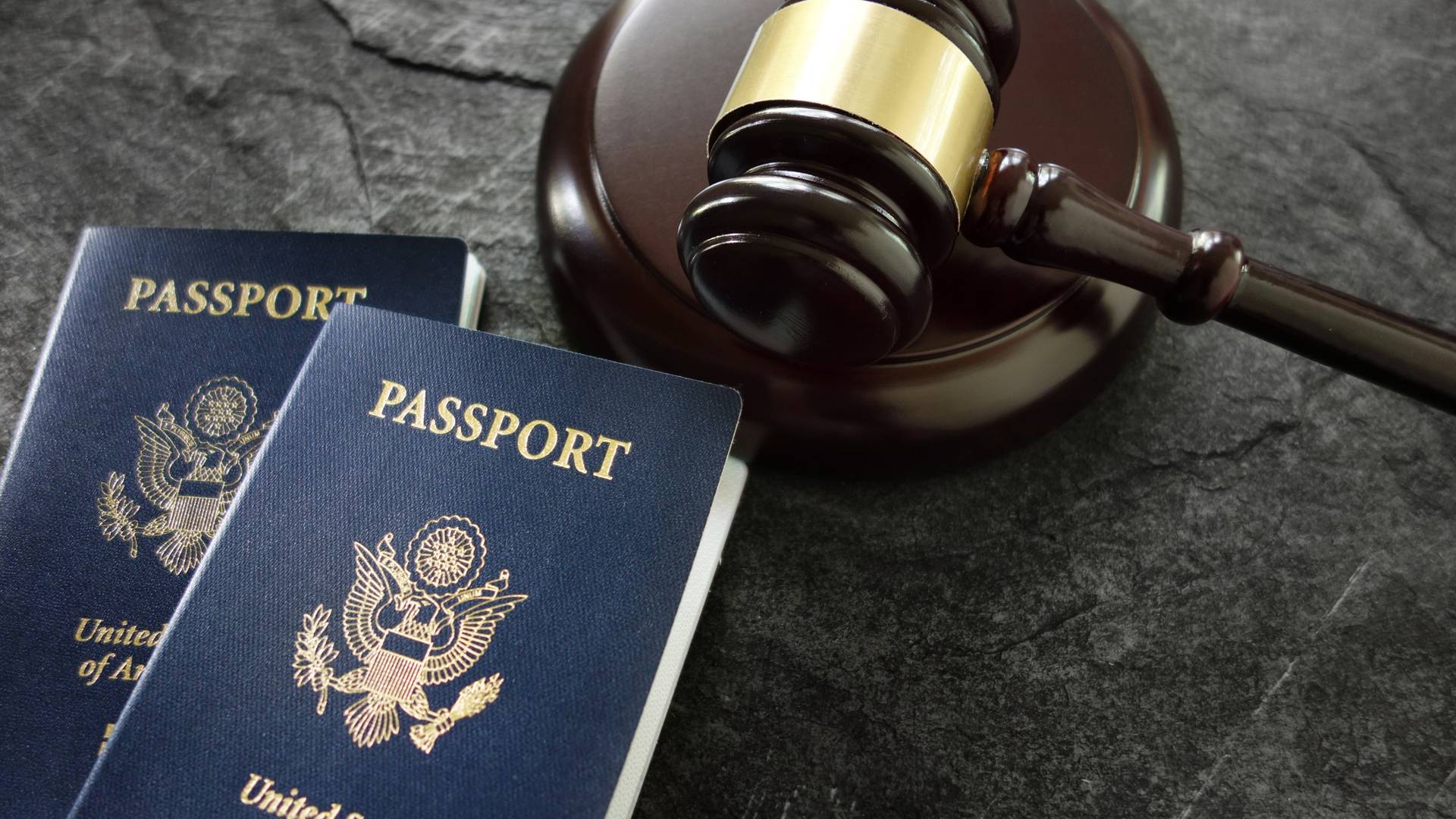
Tampa Refugee Asylum Services
Understanding Asylum Law in the United States
Asylees are refugees who are in the United States, at a land border or point of entry. INA §208(a). Asylees must qualify as refugees, meaning that they have to prove a well-founded fear of persecution based on a protected ground. Persons interdicted in the high seas may not qualify for asylum.
Before asylum could be granted, the person’s nationality has to be determined. Urgen v. Holder, 768 F.3d 269, 272-74 (2nd Cir. 2014). Statelessness alone, however, is not enough to qualify for asylum, but if statelessness is the basis for persecution then it qualifies. Stserba v. Holder, 646 F.3d 964 (6th Cir. 2011).
Persecution is defined as a threat to the life or freedom of or an infliction of harm on those who differ in a way regarded as offensive. Matter of Acosta, 19 I&N Dec. 211, 222 (BIA 1985). Harm need not to be physical to rise to the level of persecution. Borca v. INS, 77 F.3d 210, 215-17 (7th Cir. 1996). Permanent or serious physical injury is not required to establish persecution. Matter of O-Z & I-Z, 22 I&N Dec. 23, 25-26 (BIA 1998). Custodial interrogation, rape or sexual assault, and forced medical examinations may arise to the level of persecution.
The government in the country of nationality must also be unable or unwilling to protect the applicant. Kamar v. Sessions, 875 F.3d 811, 819-20 (6th Cir. 2017).
Key Protected Grounds for Asylum
The persecution must be based on a protected ground. The protected grounds are:
- Race
- Religion
- National origin
- Political opinion
- Membership in a particular social group
The applicant must prove that the persecution was based on one or more of the abovementioned grounds. INS v. Elias-Zacarias, 502 US 478 (1992). These characteristics may be imputed to an applicant. There must be a nexus between the persecution and the protected ground. The applicant does not have to show that the persecutor acted with bad intent. Matter of Kasinga, 21 I&N Dec. 357, 365 (BIA 1996).
Local Resources for Refugees in Tampa
In Tampa, the journey for refugees seeking asylum can be daunting, but you are not alone. Local organizations such as the City of Tampa and the Hillsborough County Government provide essential resources and support for individuals navigating the asylum process. These entities offer information on legal assistance, housing, and community integration programs that can help ease the transition into a new life.
Many refugees face common challenges, including language barriers, cultural adjustments, and the complexities of the asylum application process. Tampa's diverse community is home to various cultural organizations that can help you connect with others who share similar experiences. These local resources can provide not only emotional support but also practical assistance in understanding your rights and responsibilities as an asylum seeker.
Additionally, the U.S. Committee for Refugees and Immigrants has a presence in the area, offering guidance on the asylum process and connecting you with vital services. Understanding the local landscape and available support can significantly alleviate the stress associated with your asylum application. Our team is here to help you navigate these challenges, ensuring you have the information and resources needed to pursue your asylum claim effectively.
Contact Us for Assistance with Your Asylum Case
Contact Us
We understand that applying for asylum and withholding of removal is a serious matter. Your life could literally depend on the result. Call us today for help applying for such relief.
What Sets Us Apart
-
Ultimate ConvenienceAttorney Ahmad Yakzan is your reliable immigration attorney from St. Petersburg Tampa, Florida to Washington, D.C. We also have offices that are conveniently located to serve you in Clearwater, Dunedin, New Port Richey, Oldsmar, Land o’ Lakes, Plant City, Lakeland, and Zephyrhills.
-
Flexible CommunicationFor your convenience, we offer in-person, phone, or teleconferencing consultations. Attorney Ahmad Yakzan would be glad to accommodate you in one of our offices in St. Petersburg and Tampa, Florida.
-
Competitive PricesSpare no expense in attaining and protecting your American Dream® with the help of Attorney Ahmad Yakzan. Our small consultation retainer will be credited towards our legal fees when you retain our office. We offer competitive rates for excellent legal services.

Making a Difference in Our Clients' Lives
Read Our Five-Star Client Testimonials
At American Dream Law Office, PLLC, your dream is my dream, and it shows in our reviews! See for yourself what our clients have to say about working with us.
-
“He went above and beyond to make sure I would make it to the next step on becoming a citizen.”Mahmoud B.
-
“Ahmad has been with me through every step and and made me feel comfortable.”Nana S.
-
“I’m so glad we didn’t try to go through this lengthy and complicate process without them.”Lucia A.
-
“Hiring him gave me a complete sense of peace.”Isabella B.
-
“Today we finally got the approval for my husband’s green card”Aya B.
-
“The best and more loyal Lawyer I met in my life”Abed H.
-
“I could not have done this without his help. When it comes to relocating to another part of the world, there will always be obstacles to overcome, you will need help.”Michael H.
-
“He is very knowledgeable and does an excellent job of proactively communicating.”Crystal C.

